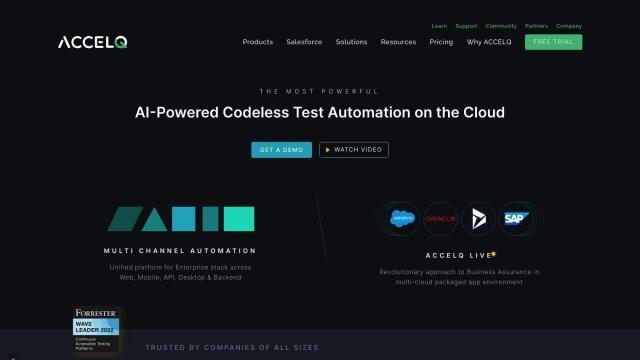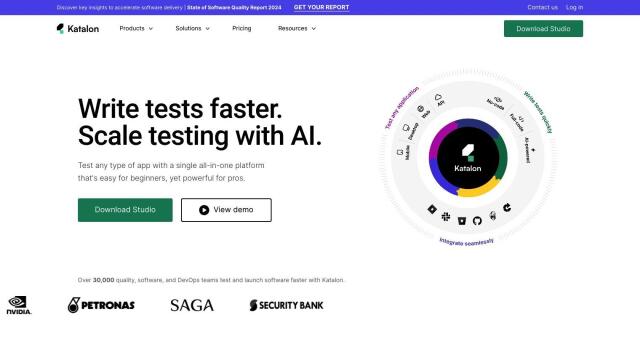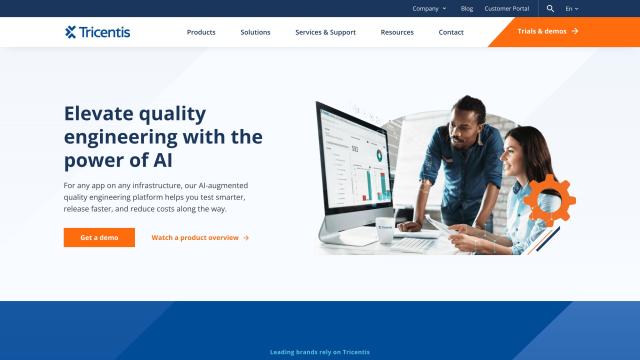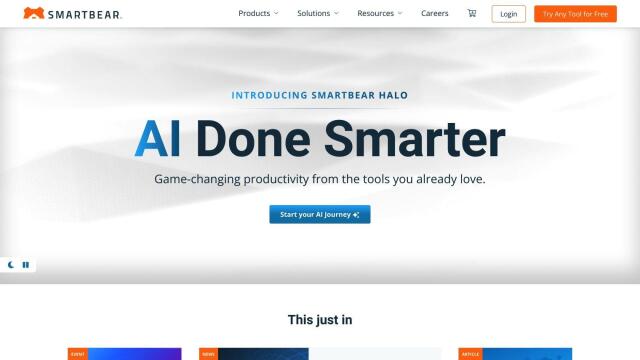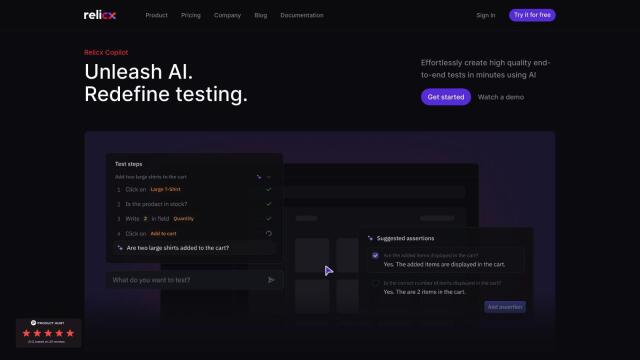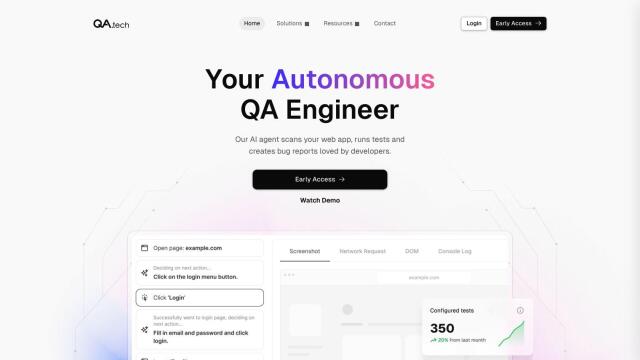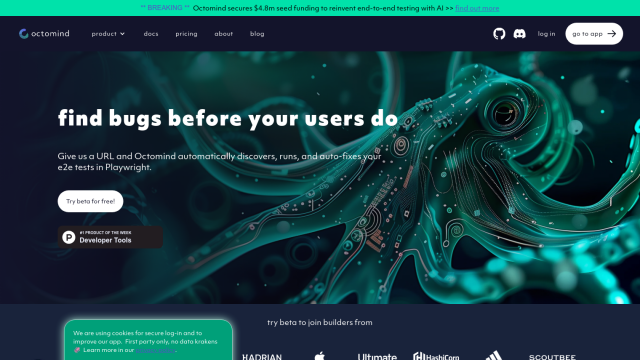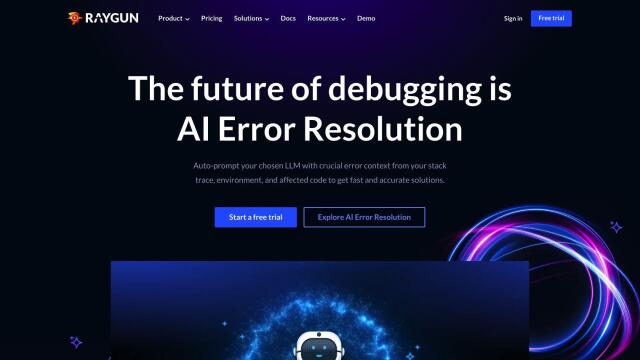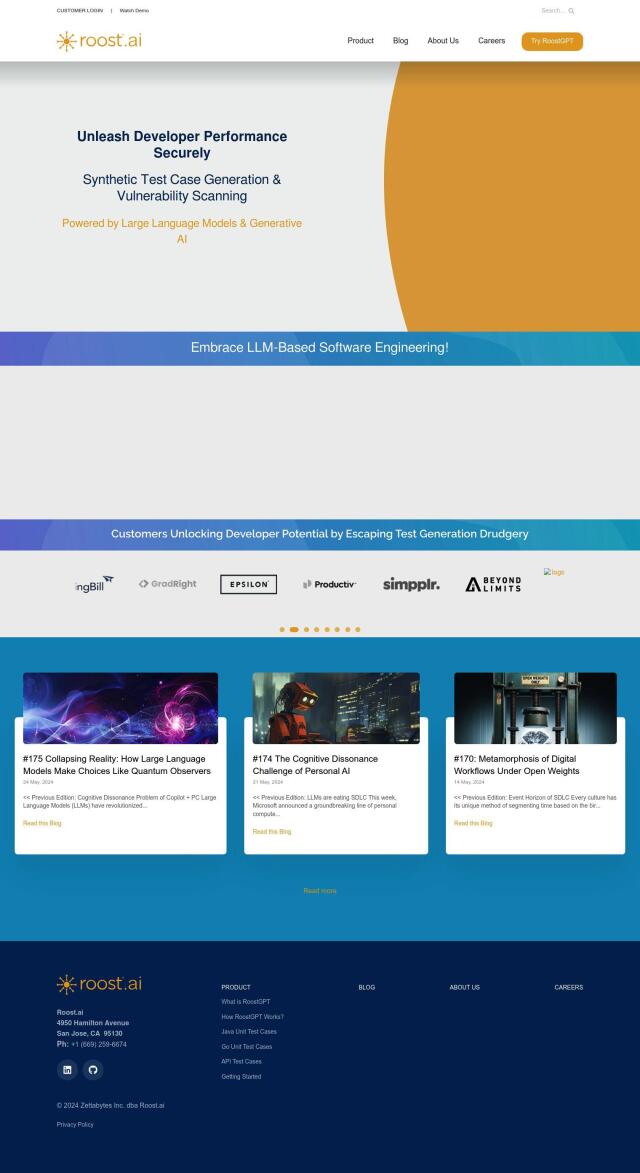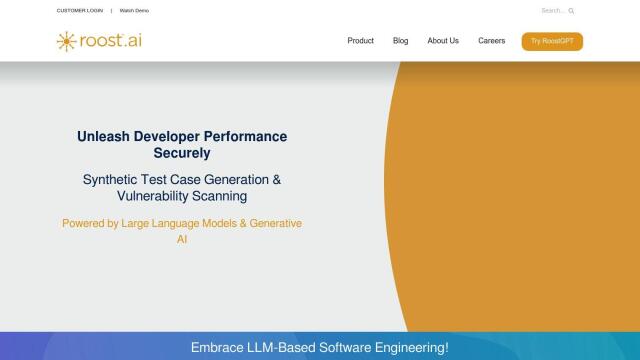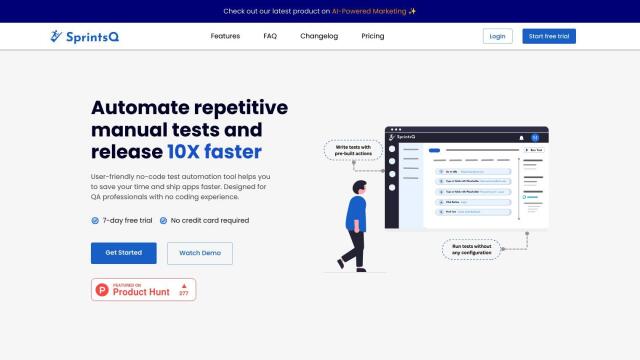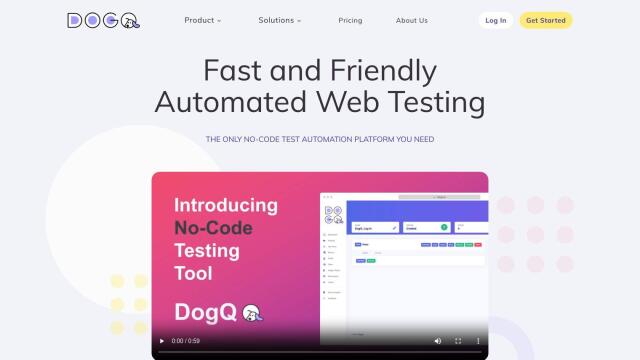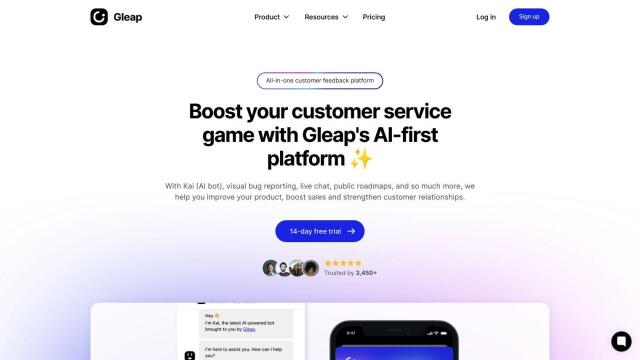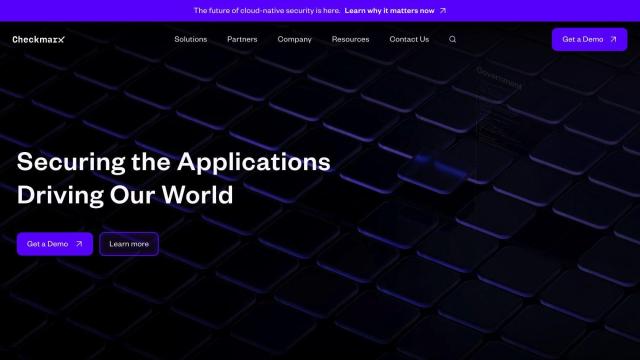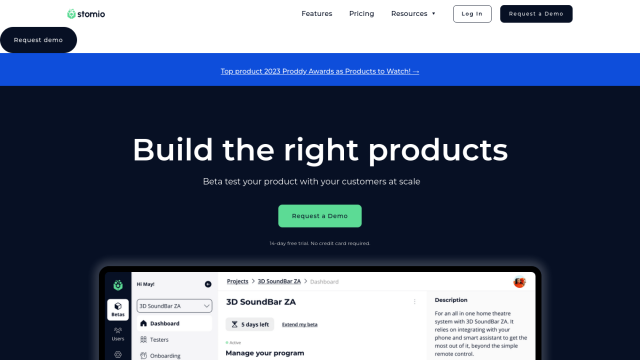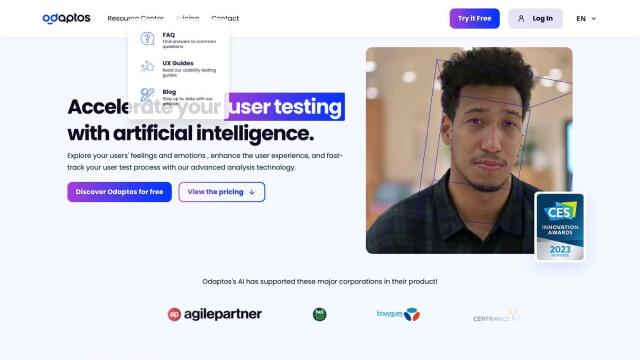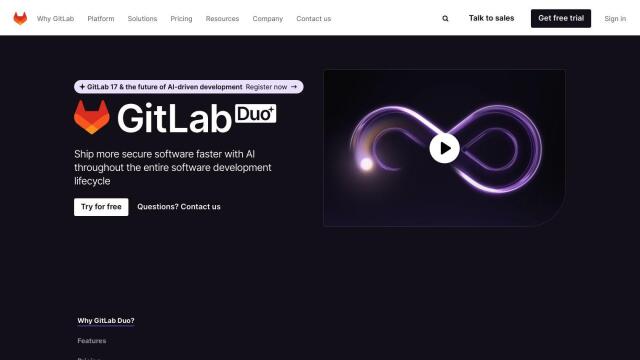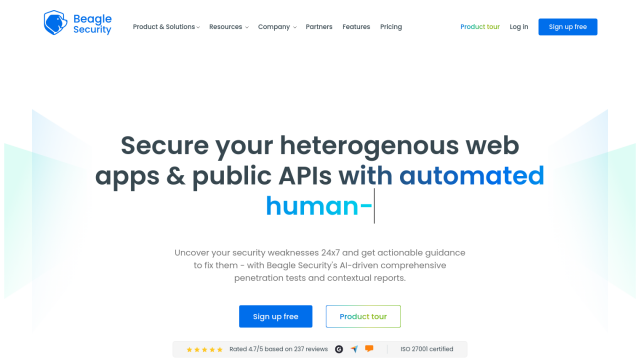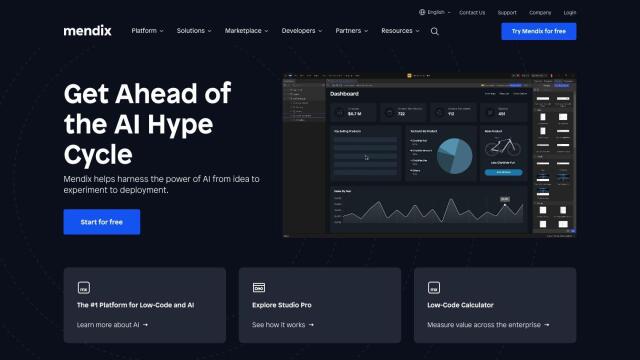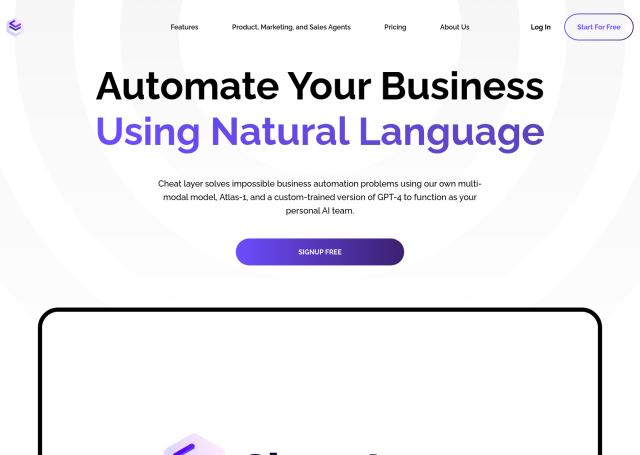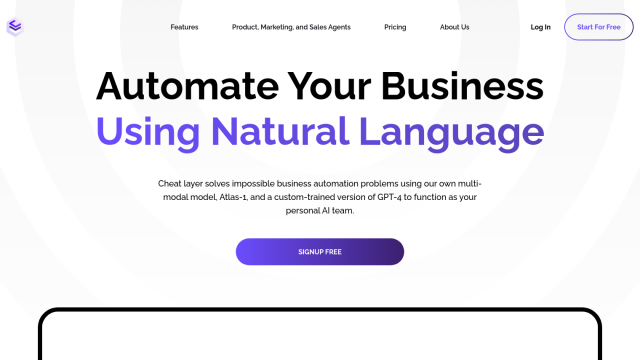Question: Is there a tool that can test mobile apps across different devices and operating systems to ensure a good user experience?

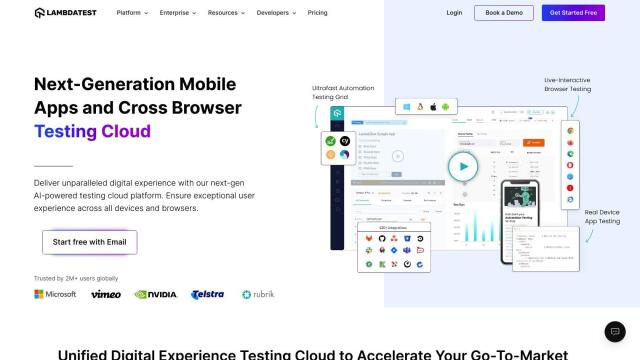
LambdaTest
For testing mobile apps on a variety of devices and operating systems, LambdaTest is a good option. It offers manual and automated cross-browser testing on more than 3,000 real mobile and desktop browsers running on real operating systems. You can use it to test mobile apps on a variety of Android and iOS devices, including emulators and real phones. The service also offers AI-powered test execution, visual regression testing, and smart TV testing for OTT applications, so it's good for SMBs and enterprises.
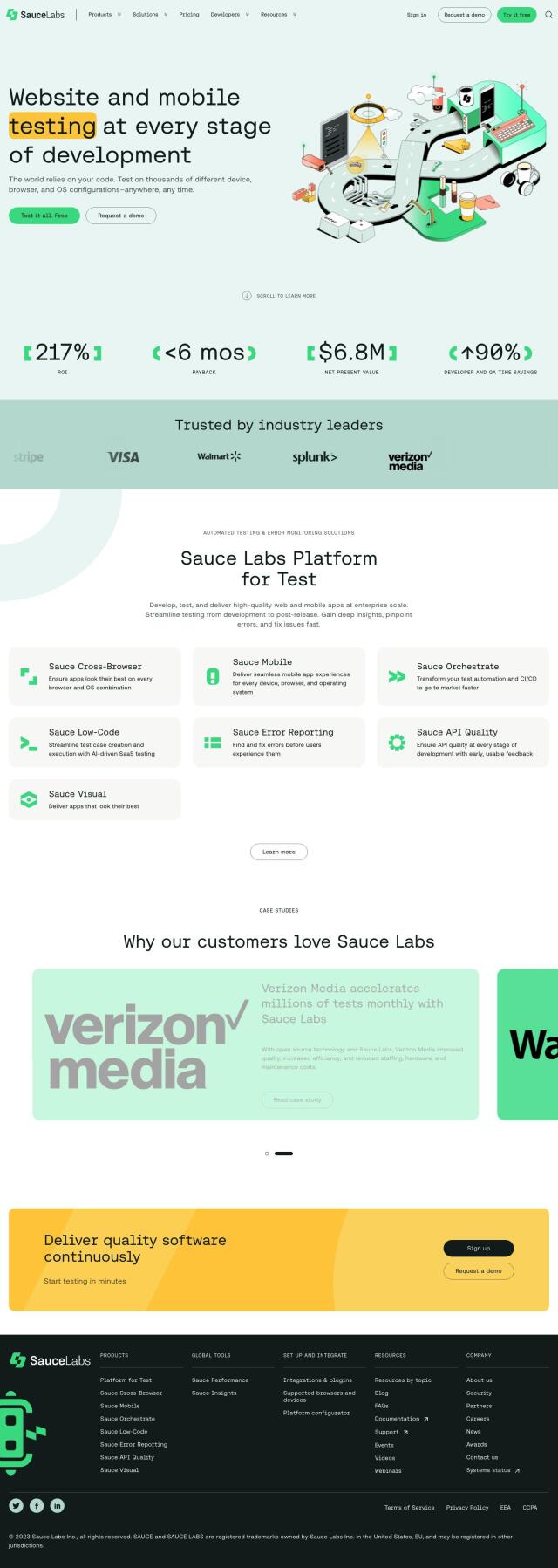
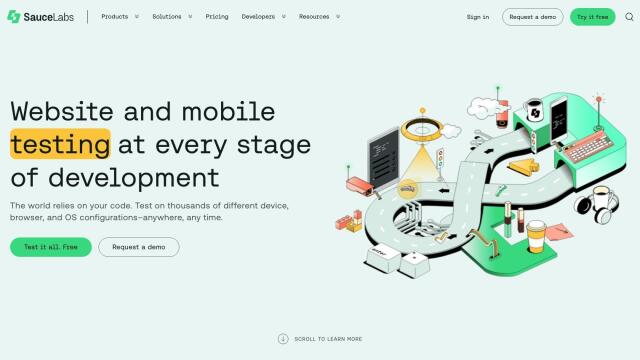
Sauce Labs
Another powerful option is Sauce Labs, an all-purpose testing service that includes a variety of tools for testing web and mobile apps. It offers access to a wide range of web browsers, mobile emulators, simulators and real mobile devices so you can test your app on many different configurations. Sauce Labs supports several automation frameworks like Appium, Cypress and Selenium, and it can be integrated with tools for continuous integration and continuous deployment and with team collaboration tools. It's geared for large enterprises that want to make sure their apps work and look good.

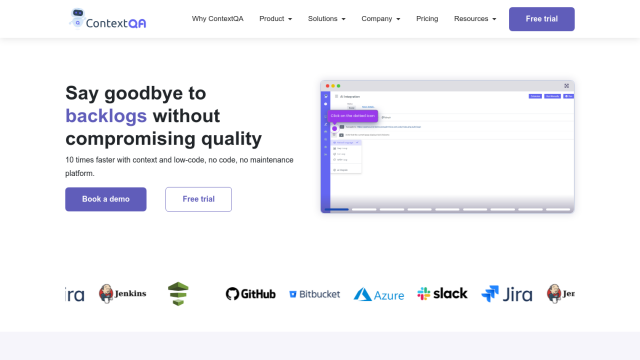
ContextQA
ContextQA is another contender, using machine learning algorithms and artificial intelligence to test mobile apps, APIs and other software. It offers several types of testing, including UI, Cross Browser, Cross Device and Web Performance testing. With integrations with popular tools like Jira, Slack and Azure DevOps, ContextQA fits into existing workflows so you can get high-quality software to market faster.

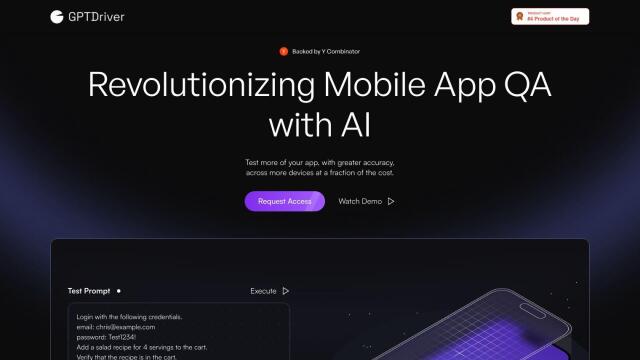
GPT Driver
For a more AI-based approach, GPT Driver is worth a look. The tool automates testing with high accuracy and speed, letting teams test more apps on more devices at lower cost. It offers automated testing with automatically generated test cases, visual recognition and technology agnostic support, so it's a good choice for companies that want to speed up mobile app testing with AI-powered automation.

